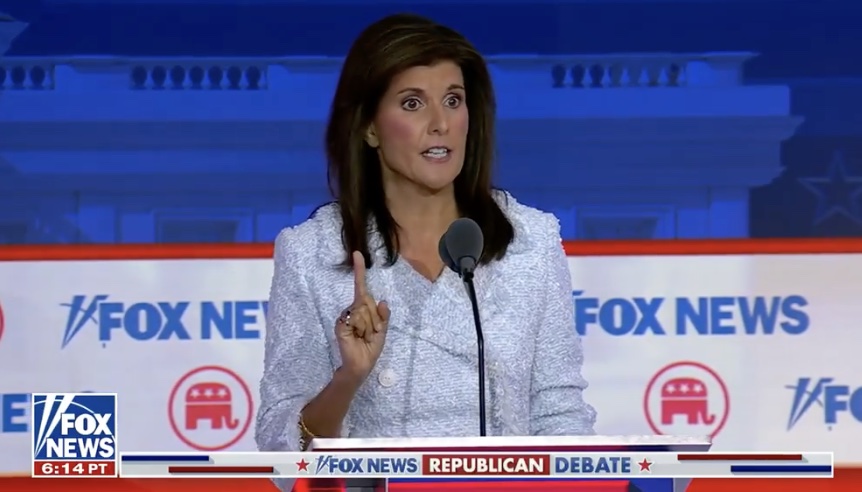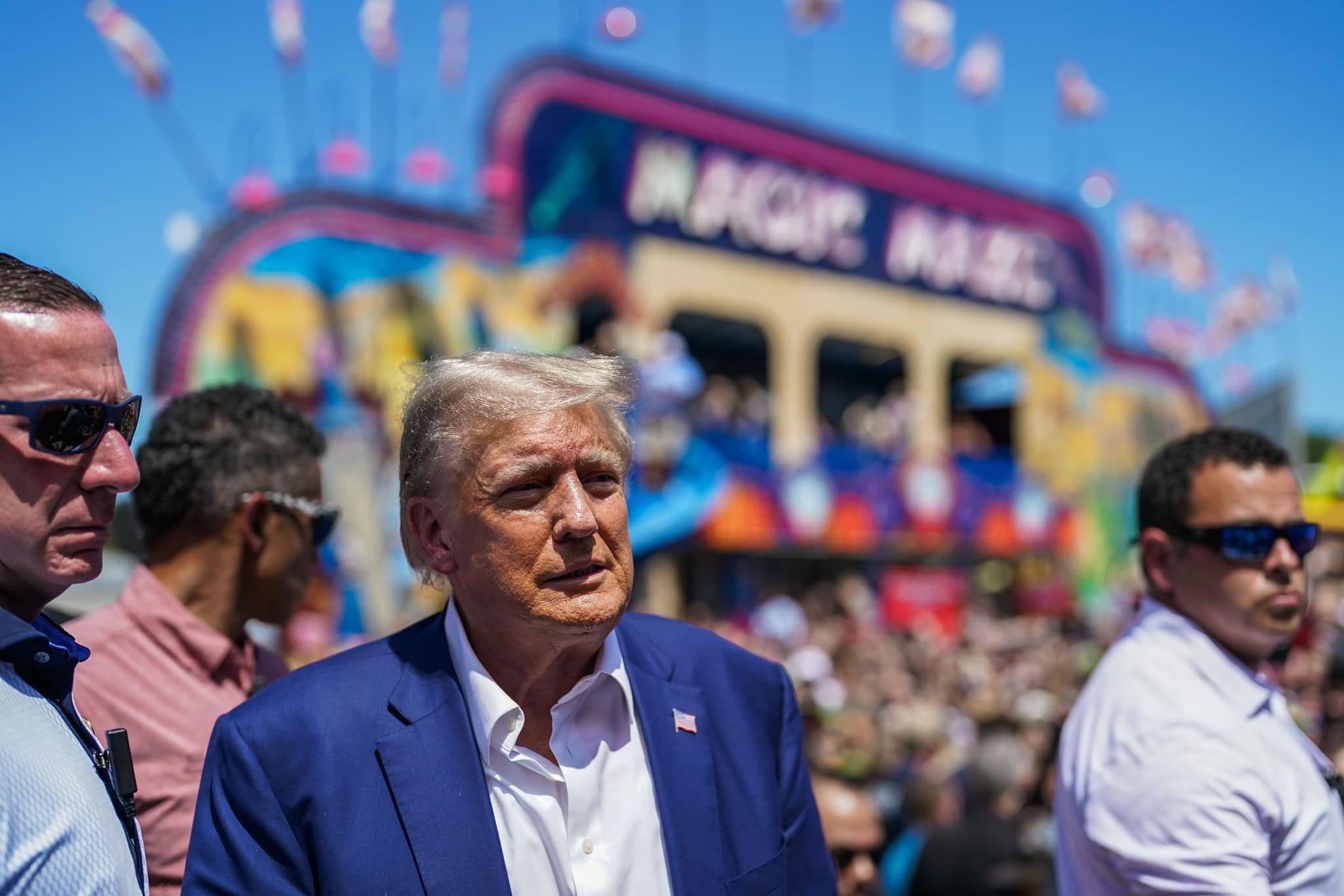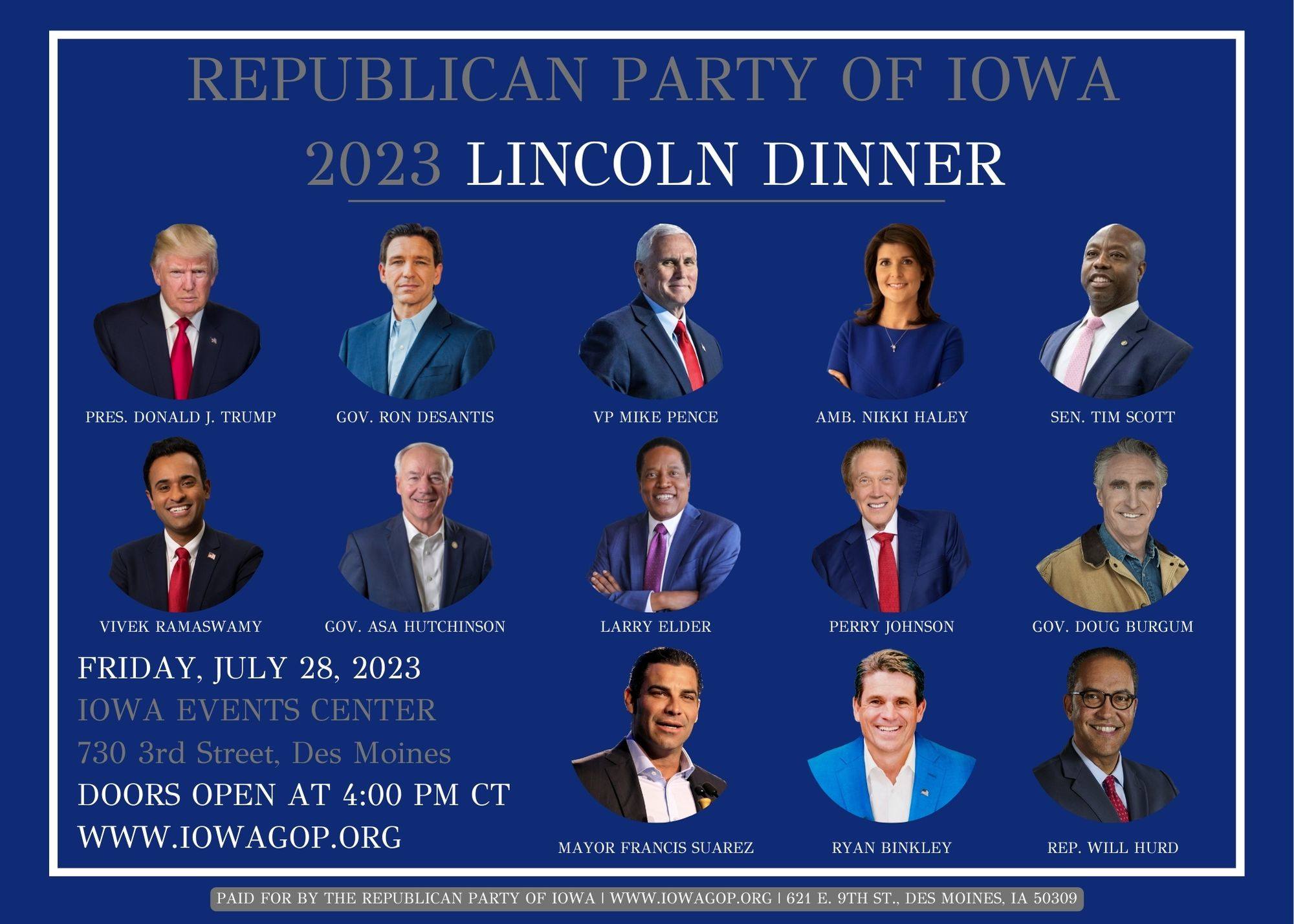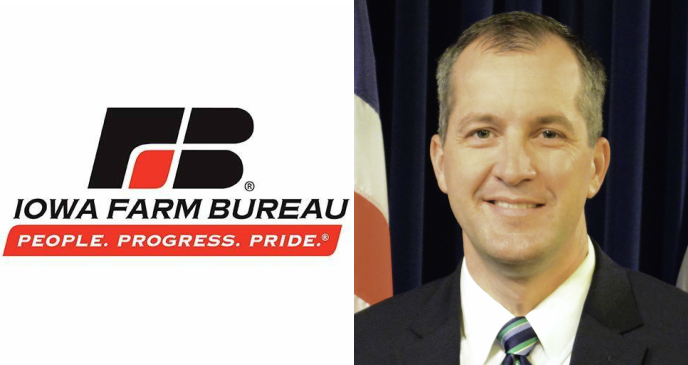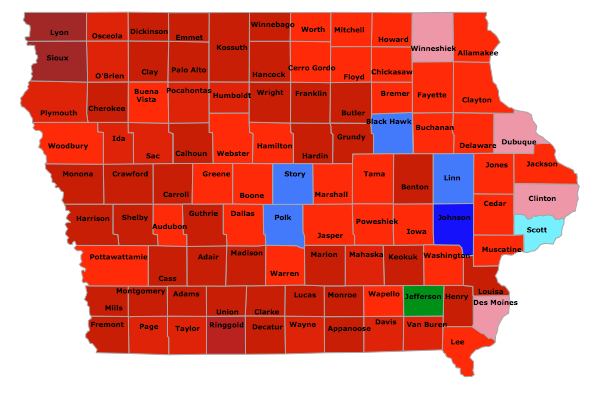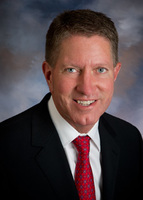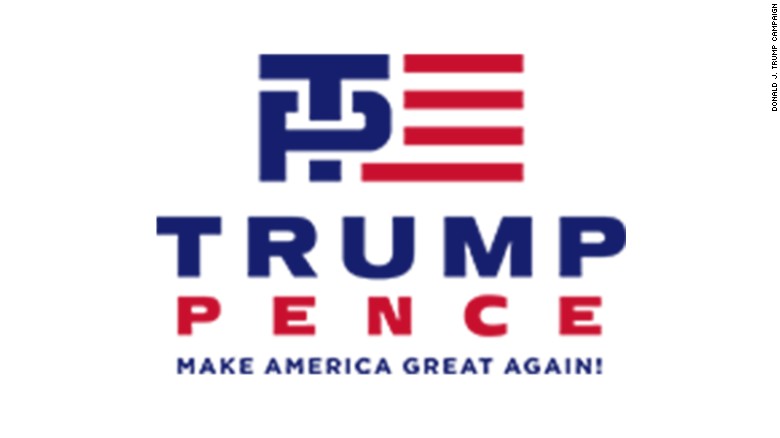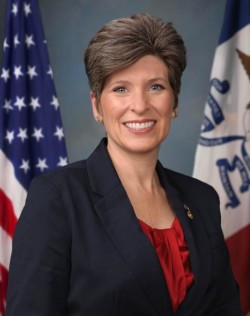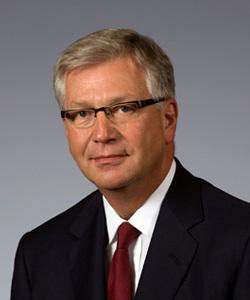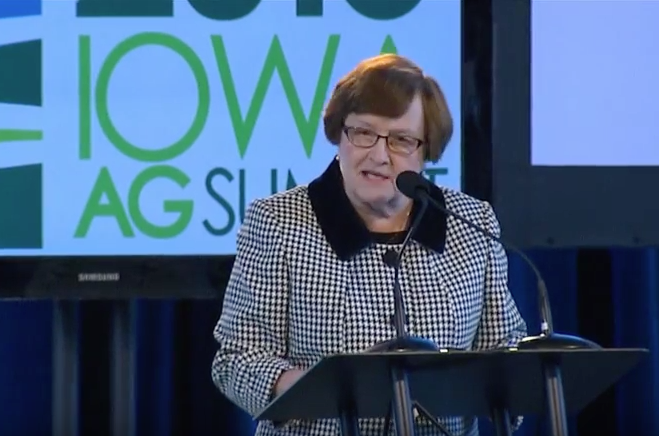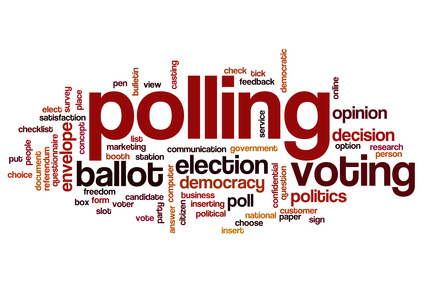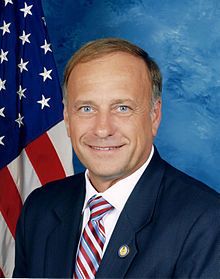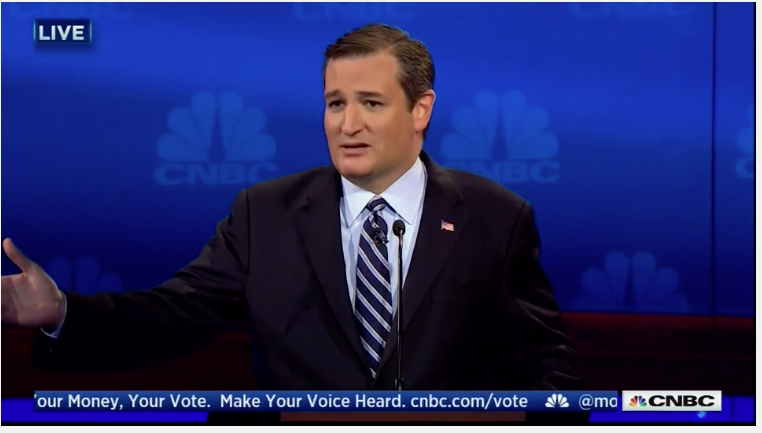Eleven GOP candidates are just starting the “varsity” debate on CNN now. I will update this post later with some clips and thoughts. This thread is for any comments about today’s debates or the presidential race in general.
I only caught part of the first debate, featuring four candidates who didn’t make the cut for prime time. But from what I saw of Lindsey Graham, Bobby Jindal, George Pataki, and Rick Santorum, I think former Libertarian candidate for Iowa secretary of state Jake Porter said it best: “It is like the comments section decided to run for President and is now debating on live TV.”
10 PM UPDATE: My immediate reaction is that Carly Fiorina had an excellent debate, except for her closing statement, which sounded too memorized and rehearsed. Some of what she said was false (for instance, her comments about the Planned Parenthood videos), but that will go over well with the GOP base viewers. She did exceptionally well at modulating her voice, so that she sounded forceful and knowledgeable but also calm and steady. Everyone expected her to have a good comeback against Donald Trump, and she did, but it wasn’t just that answer. She was able to articulate a credible-sounding response on most of the topics that came up. She also produced the “most-tweeted moments” during the debate.
Trump made little sense, as usual. He started out as a caricature of himself, bragging about how many billions of dollars he has made. He claimed to have fought hard against going to war in Iraq–will be interesting to see whether there is any evidence to back that up. I don’t remember Trump speaking out against the war. I was surprised to hear Trump argue that vaccines can cause autism if kids get too many close together. I would guess that won’t hurt him.
Ben Carson gained the most from the first debate, and I don’t think he lost any ground tonight. That’s bad news for Mike Huckabee and Ted Cruz, who are fighting hard for evangelical support but didn’t seem to make their mark in this debate.
Chris Christie had more strong moments tonight than in last month’s Fox debate. I think he will gain more than John Kasich, who is essentially fighting for the same Republican moderate voters.
Rand Paul didn’t make a big impression during most of the debate, but he did well during the discussion on drug policy, especially calling out Jeb Bush for wanting to lock up poor people for using the same drugs Jeb used as a young man.
Bush had the second-most speaking time after Trump, and he landed some decent punches, but overall, I question whether he gained many supporters. He didn’t do a terrible job, though it was laughable when he suggested putting Margaret Thatcher on the ten-dollar bill.
Scott Walker had the least speaking time, according to NPR, and didn’t create any memorable moment. This event won’t reverse his falling poll numbers.
I saw some people saying on social media that Marco Rubio had a good night. The only comment that stood out for me was his saying his grandfather taught him about the American Dream in Spanish. Otherwise, I am still baffled by what so many people see in Rubio.
It was a huge mistake for the Democratic National Committee not to schedule any debates between the first two Republican clashes. The contrast in the level of discourse would have been tremendous for the Democratic candidates.

